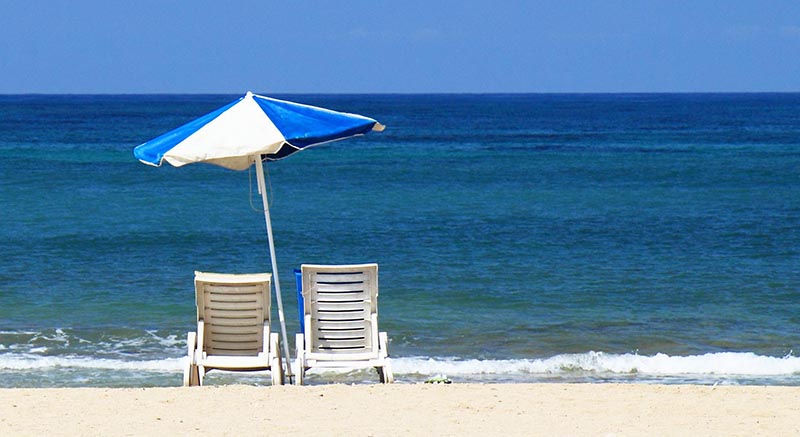Article by Melissa Smarr, Silver Shield Anti-Scam Campaign
(Posted 2022 August)

 Scammers never take a vacation. If you are planning a vacation, be aware of scams that target people making plans to travel.
Scammers never take a vacation. If you are planning a vacation, be aware of scams that target people making plans to travel.
One travel scam involves renting houses near beaches, lakes, and rivers. If you wait until the last minute to book a place to stay, this could increase your chances of being scammed. Make sure you do your research before renting a home. For example: you rent a house for a week-long vacation. You arrive the first day at the house and discover the homeowners are there and have no idea what is going on. Unfortunately, in this example, the people who thought they were renting the house for a good deal have nowhere to stay and have lost the money that they spent on the rental house.
A second travel scam: you arrive late and check into your hotel. Soon after you get to your room, the front desk calls to let you know your credit card has been declined and asks you to provide another credit card number. However, it is not the front desk staff calling you, but a scammer. The scammer could be staying in the hotel or be someone who knows you have checked into a hotel. Sometimes this information is obtained from a social media platform because people will post where they are going on vacation. In some cases, they will post their travel departures and arrivals.
A third travel scam involves room service in a hotel. You try to call for room service and they are closed. You find a flyer in your room for a local restaurant. You call them to place an order, provide your credit card information, and then never receive your food. You are now out the money and hungry too. Unfortunately, many people fall victim to this scam.
Tips to avoid being scammed:
Avoid wiring money. Make payments using a secure method of payment such as a credit card or online payment system. Avoid making a wire transfer to strangers.
Call the front desk. If you receive flyers or other marketing materials, call the front desk to make sure the information is not a scam or go online to check for reviews.
Be cautious about giving out your information. Avoid giving out your credit card information. The front desk staff at the hotel will never call to ask for your credit card number over the phone.
Free vacations aren’t free. If you have to provide your credit card number, the vacation is not free.
Contact banks and credit card companies before you travel. Call your bank and credit cards companies to let them know you will be traveling. If a bank or credit card detects suspicious activity, they may decline the transaction. It is better to alert them to your travel plans.
Review your receipts and statements. After you return from vacation, check your credit card and banking statements to make sure they match your receipts. Extra charges may not be fraudulent. If there is an error or an unauthorized purchase, you should report the problem as soon as possible. However, mistakes do happen.
This article is part of the Golden Gazette monthly newsletter which covers a variety of topics and community news concerning older adults and caregivers in Fairfax County. Are you new to the Golden Gazette? Don’t miss out on future newsletters! Subscribe to get the electronic or free printed version mailed to you. Have a suggestion for a topic? Share it in an email or call 703-324-GOLD (4653).

